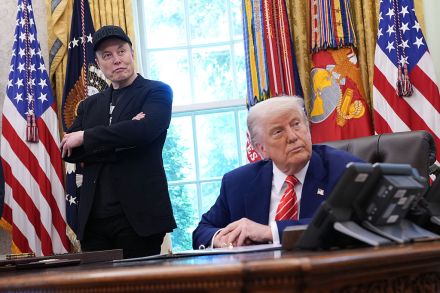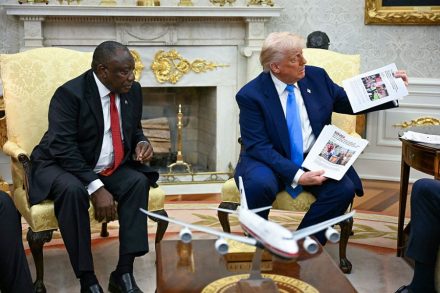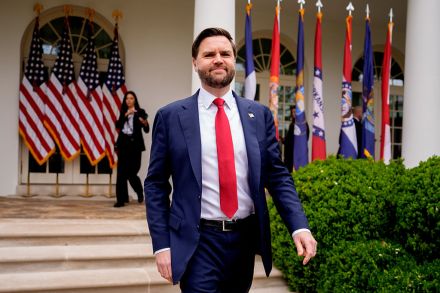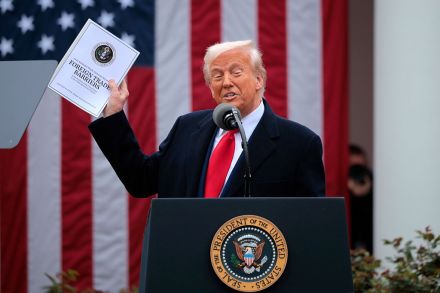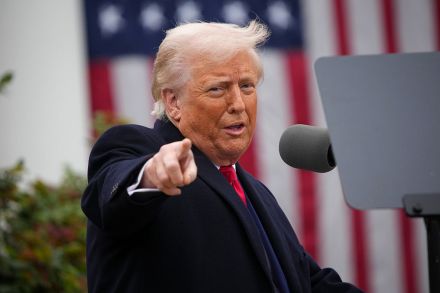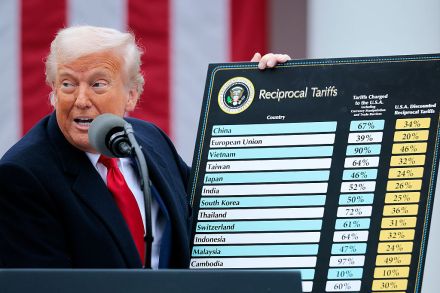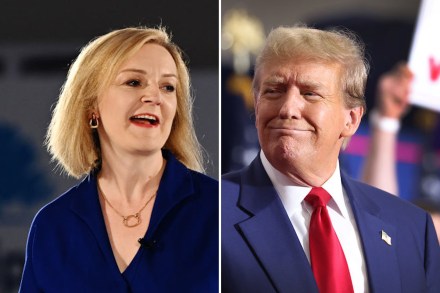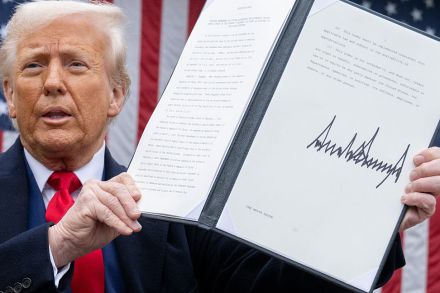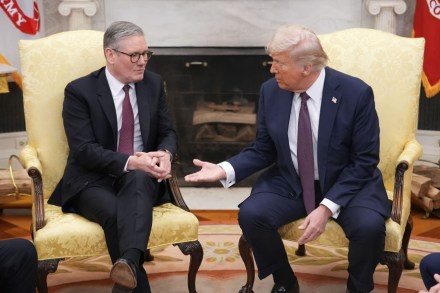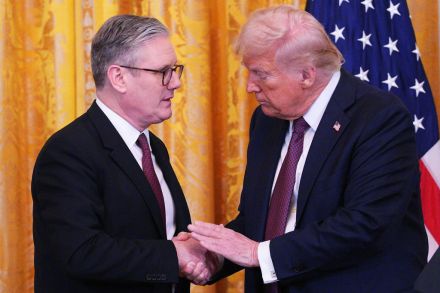Trump – the conventional foreign policy President?
28 min listen
Trump has said he’s “very, very unhappy” with Russia, and threatened severe tariffs against them if there’s no deal on Ukraine within 50 days. He’s also sending more weapons to Ukraine in coordination with NATO. What’s behind his change of heart on foreign policy, and how’s his MAGA base responding? Freddy Gray is joined by





